Adjusting to a lifestyle that incorporates intermittent fasting can take time and trial and error. One challenge new fasters face is learning what you’re “allowed” to consume during a fast, especially amidst a sea of “calorie-free” or “zero calorie” products.
Many people consider zero-calorie or calorie neutral beverages that contain artificial sweeteners, such as diet soda, “safe” options when fasting or pursuing weight loss. No calories, no problem, right? However, experts in the nutrition field have long deliberated whether or not the artificial sweeteners found in diet sodas, such as sucralose, aspartame, saccharin, and others, can in fact interfere with a fast and, therefore, your health goals.
Beyond weight loss and overall metabolic health, diet sodas also may impact your gut health, interrupt your metabolic rest, and possibly disrupt some of your natural circadian rhythms (meaning implications for sleep health, too). As such, drinking diet soda habitually is generally not compatible with a commitment to the intermittent fasting lifestyle.
As you consider if diet soft drinks are right for you, read on to understand how the consumption of artificially sweetened soft drinks can impact your fasting and your overall health.
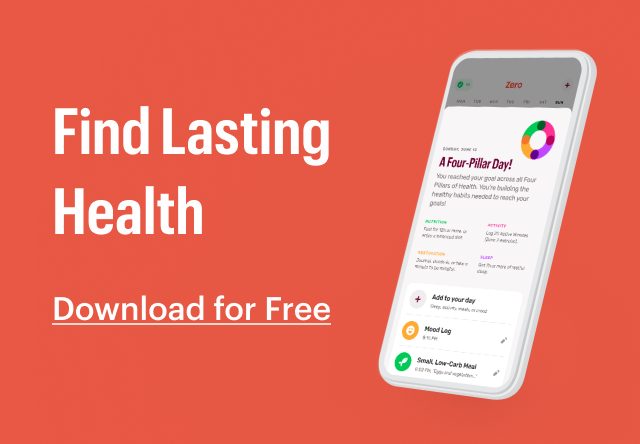
Does Diet Coke Break a Fast?
In short, no, diet sodas that are truly calorie free will not disrupt your fasting state. However, you should consume them with caution because they cause your body to respond as if you consumed real sugar, which gets in the way of burning fat! Research suggests that when you consume artificial sweeteners, particularly in high amounts or on a regular basis, the sweet taste can lead to an anticipatory insulin response and changes in your gut microbiome. Insulin helps cells grab glucose from the bloodstream and pull it into your cells, so if there’s no actual rise in glucose, this preemptive release of insulin levels can diminish your fat burning since insulin is a potent inhibitor of fat metabolism. In addition, consuming artificial sweeteners can activate your digestive tract and result in lower blood sugar levels, potentially leading to increased hunger and cravings for sugary foods.
In a nutshell, artificial sweeteners may contribute to a lower fat-burn rate and more hunger pangs, even if they are calorie free. So, while Diet Coke and other calorie-free soft drinks may satisfy a sweet tooth in the short term, they may not be worth your while and may ultimately may reduce the benefits of your fast, not to mention making it more challenging — by reducing your blood sugar and increasing your drive to eat — than if you stick to beverages like water and herbal tea.
Why Could Diet Soda Break a Fast?
Diet soda contains artificial sweeteners, such as aspartame or sucralose, which, despite being calorie-free, can still affect metabolic processes and potentially break a fast. When consumed, these sweeteners stimulate taste receptors, triggering an insulin response. Insulin is a hormone responsible for regulating blood sugar levels and can be released even in the absence of glucose. When the artificial sweeteners stimulate its release, this insulin response may disrupt your fast by signaling your body to store and utilize nutrients (which is insulin’s job!), thereby hindering some of the desired metabolic effects of fasting.
While the impact of diet soda on fasting can vary among individuals, it’s generally a better idea to opt for water, herbal tea, or black coffee during a fast to avoid potential interference with the physiological benefits of intermittent fasting. Always consult with a healthcare professional or nutritionist for personalized advice on fasting practices and dietary choices.
Can You Drink Diet Soda While Fasting?
Consuming diet soda during a fast is a topic of debate. While diet sodas are low in calories, their artificial sweeteners may trigger an insulin response, potentially disrupting the fasting state. However, the impact varies among individuals. Some people find that it doesn’t hinder their fasting goals, while others believe it could stimulate cravings or interfere with metabolic processes.
Fasting is often pursued for its metabolic benefits, including improved insulin sensitivity and fat burning. Some argue that the insulin response to artificial sweeteners might counteract these benefits, while others contend that the impact is negligible or varies among individuals. Research on this topic is ongoing, and individual responses to diet soda during fasting can differ, contributing to the ongoing debate in the scientific and fasting communities.
Occasional diet soda consumption is unlikely to significantly harm your fast or your weight loss goals, but as research continues to unfold, evidence suggests that habitual consumption of diet soda is more likely than not to negatively impact your health journey.
The Impacts of Diet Soda on Insulin Response
Because diet sodas are calorie-free, they were, until more recently, thought to have no impact on blood glucose and insulin levels, making them safe for diabetics. However, more and more evidence suggests that although artificially sweetened soft drinks don’t immediately spike blood sugar levels, they can have other adverse impacts on physical health in the longer term.
A 2013 study in Diabetes Care found that artificial sweeteners have been linked to insulin resistance, a condition caused by chronic high blood sugar. Though more research is needed, evidence indicates that artificial sweeteners increase insulin resistance by disrupting the gut microbiome. Given that insulin resistance elevates the risk for developing Type 2 diabetes, artificial sweeteners — including in diet soda — are therefore better avoided.
How Diet Soda Affects Sleep Quality
Studies show that consumption of soft drinks (not restricted to zero calorie varieties) is linked to decreased sleep duration in adults and children. Caffeinated beverages — which include many diet sodas — are particularly prone to lessen sleep duration. One extremely common sleep disruption, nocturia (waking in order to urinate) is linked to caffeine consumption.
Additionally, artificial sweeteners like aspartame can stimulate the nervous system, potentially disrupting sleep patterns. Anyone pursuing intermittent fasting who is also concerned with sleep hygiene should limit caffeine intake, especially close to bedtime, and opt for non-stimulating drinks like water or herbal tea.
The Effects of Diet Soda on Overall Health
Diet sodas can sabotage your health goals by spiking your sugar cravings. A 2016 study in Cell Metabolism found that those who consumed diet soft drinks were more likely to crave sweets hours after ingesting the beverage. If weight loss is your goal, fielding increased cravings for sweets will definitely be an obstacle on your journey.
Artificial sweeteners used in diet sodas, such as aspartame and sucralose, may also influence the composition and function of the gut microbiota — the trillions of microorganisms residing in the digestive tract. Some studies suggest that these sweeteners could alter the balance of gut bacteria, potentially leading to an imbalanced digestive tract.
A disrupted gut microbiota has been associated with various health issues, including metabolic disorders and inflammation. However, the specific effects of diet soda on gut health are complex and may depend on factors like individual microbiome composition and the amount and duration of sweetener consumption. It’s important to note that while some studies indicate potential concerns, more research is needed to establish clear causal relationships and to understand the long-term consequences of consuming diet soda on gut health.
Does Diet Soda Break Autophagy?
Diet soda’s artificial sweeteners may influence cellular signaling pathways and potentially impact autophagy. Some studies suggest that artificial sweeteners, despite being calorie-free, may activate cellular responses similar to those triggered by sugar consumption. However, the available evidence is not conclusive, and individual responses may vary. Some researchers argue that the effects of artificial sweeteners on autophagy are minimal, while others express concerns about potential disruptions to the fasting-related benefits.
Alternatives to Diet Soda During a Fast
If you’re new to fasting, it’s important to learn how to structure and prepare for your fasts so that you stay hydrated and maintain energy levels and manage cravings.
Water wins out as the best beverage during and after a fast, because it comes replete with zero calories and is best for hydrating, which you need to do throughout the day regardless of whether you’re fasting or not. If plain water isn’t your speed, sparkling water is a great alternative. There are many naturally flavored, calorie-free, unsweetened options. Sparkling water provides carbonation which can increase feelings of fullness without the additives, coloring, and artificial sweeteners that most diet soft drinks contain.
Plain (black) coffee and tea without any milk or sugar also make good diet soda alternatives. However, be mindful of caffeine intake, especially around bedtime. Unsweetened herbal tea is a good choice in the evening.
Bone broth or diluted apple cider vinegar are other beverage choices that are compatible with a fasting state. Some find that diluted apple cider vinegar can help cut down on cravings while bone broth contains electrolytes that may help with rehydration during a longer fasting period.
Ready to start using Zero? Take the quiz or download the app today.
- Zero Live #4: 3 Ways to Boost Fat Burning - March 28, 2024
- Zero Live #3: Nutrition, Fast Breakers, and Fasting - March 11, 2024
- Zero Live #2: Metabolism, Insulin, and Fat Burning - February 29, 2024


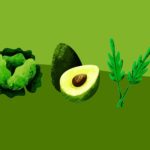

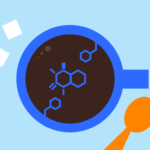
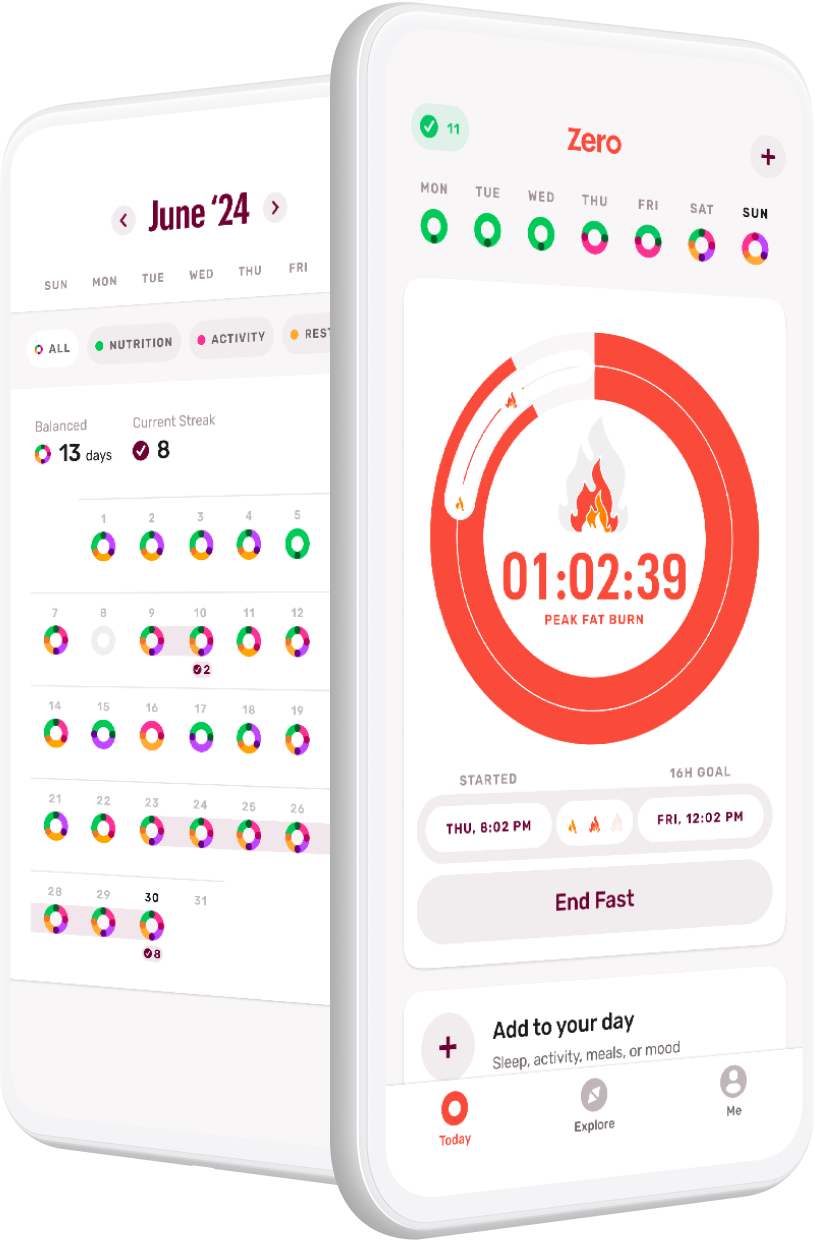
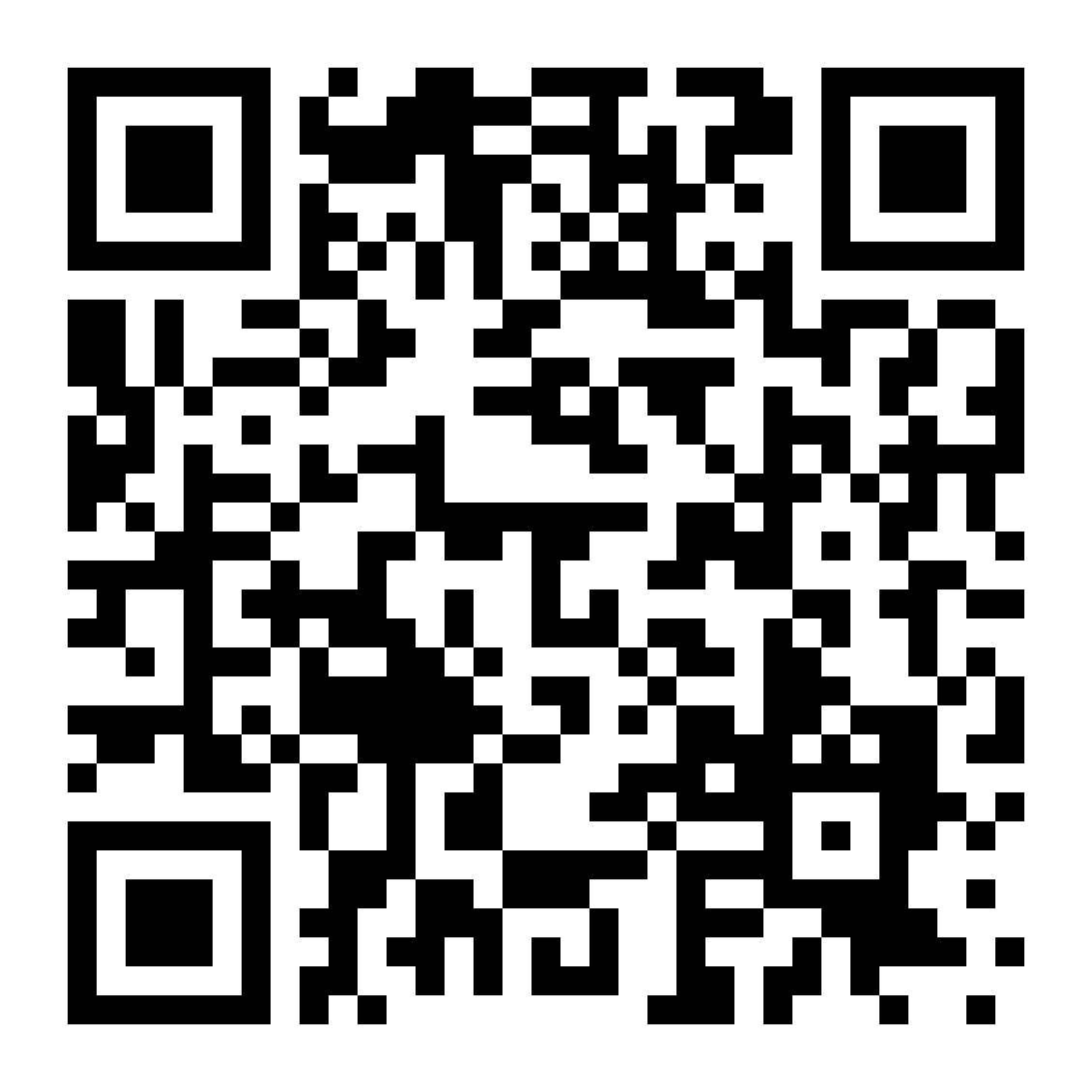
Thanks for the info but my guess is this opinion, much like coffee will continue to go back and forth depending on the study. I will continue to enjoy diet soda (prefer Zevia) two or three times per week while fasting.
What about Zevia brand Soda?
Does this apply to pure sparkling water? No added flavors of any kind. Guess not, but checking.
I was gonna ask
I was gonna ask
Personally, I avoid diet ‘soda’ because of the CO2 it contains. Acidic drinks are harmful to the enamel of my teeth (my dentist warned me off them.
I prefer straight tap water. And black coffee.
Do artifecial sweetners break fast?
does coffee or 5 hour energy break your fast?
Is coffee ok while fasting?
I read coffee was fine but, it has to be plain
Just the sweet taste triggers insulin release and a cascade of other hormonal activity. Even sugar free gum according to my bariatric doctor.
Is it okay to drink it while it’s feeding window?